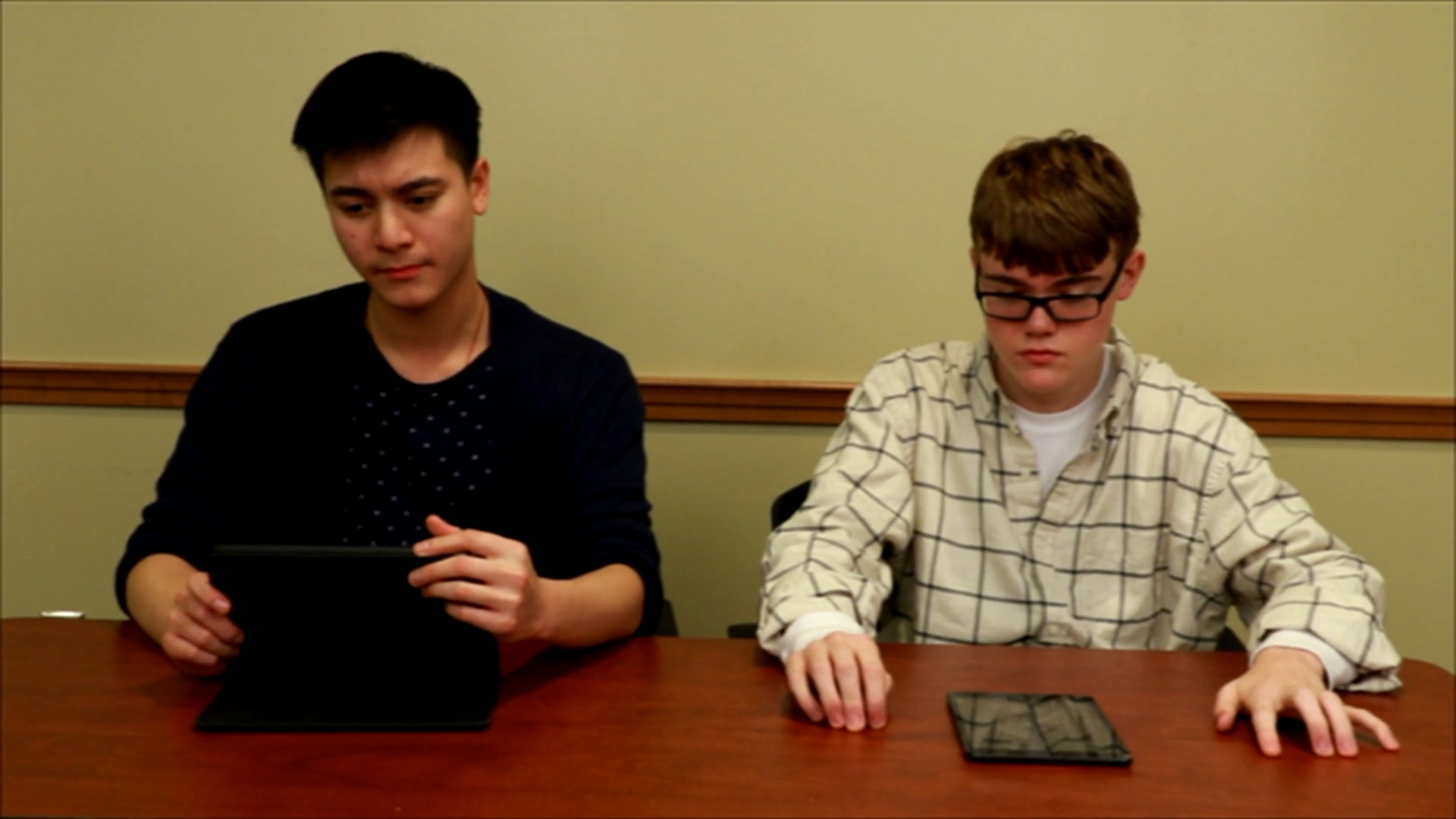
Introduction
As educators, one of our goals is to help students develop social skills that will help them to be successful in their interactions with others. One aspect of this is understanding the concept of white lies, which are small untruths told in order to spare someone’s feelings or maintain social harmony. In this blog post, we will explore the role of white lies in social-emotional learning and provide an easy, no-prep activity to help high school students practice this skill.
No-Prep Activity
The following activity, called “Truth or White Lie,” requires no preparation or materials from the educator. It is designed to help students recognize when it is appropriate to use white lies in social situations.
- Divide the students into pairs.
- Ask each pair to come up with three scenarios in which one person asks the other a question that could potentially lead to hurt feelings. For example: “Do you like my new haircut?” or “What did you think of my performance in the school play?”
- For each scenario, have the students practice both truthful and white lie responses. Encourage them to consider the potential consequences of each response and discuss how the white lie option might help to preserve the other person’s feelings.
- After the pairs have completed their scenarios, bring the class together for a group discussion. Invite students to share their thoughts on the importance of white lies in maintaining positive relationships and promoting social-emotional well-being.
Discussion Questions
These questions can be used to further stimulate discussions around the concept of white lies in social-emotional learning:
- Why do you think it is important to consider someone’s feelings before giving a truthful answer that might be hurtful?
- Can you think of a situation where telling a white lie might not be the best option? Explain your reasoning.
- What are some potential consequences of always telling the truth, regardless of how it might affect others’ feelings?
- How can understanding the concept of white lies help us to become more empathetic and compassionate individuals?
- What other social-emotional skills can help us navigate difficult conversations and maintain positive relationships?
Related Skills
While understanding the concept of white lies is important, there are many other social-emotional skills that can help high school students succeed in their interactions with others. Some of these skills include:
- Active listening
- Empathy
- Conflict resolution
- Assertiveness
- Respecting personal boundaries
Next Steps
Teaching students the importance of white lies in social-emotional learning is just one step towards helping them develop strong communication skills and positive relationships. To continue exploring this topic and access additional resources, we encourage you to sign up for free samples of our skill-building materials. These samples cover a wide range of topics and can help you to further support your students’ social-emotional growth.

